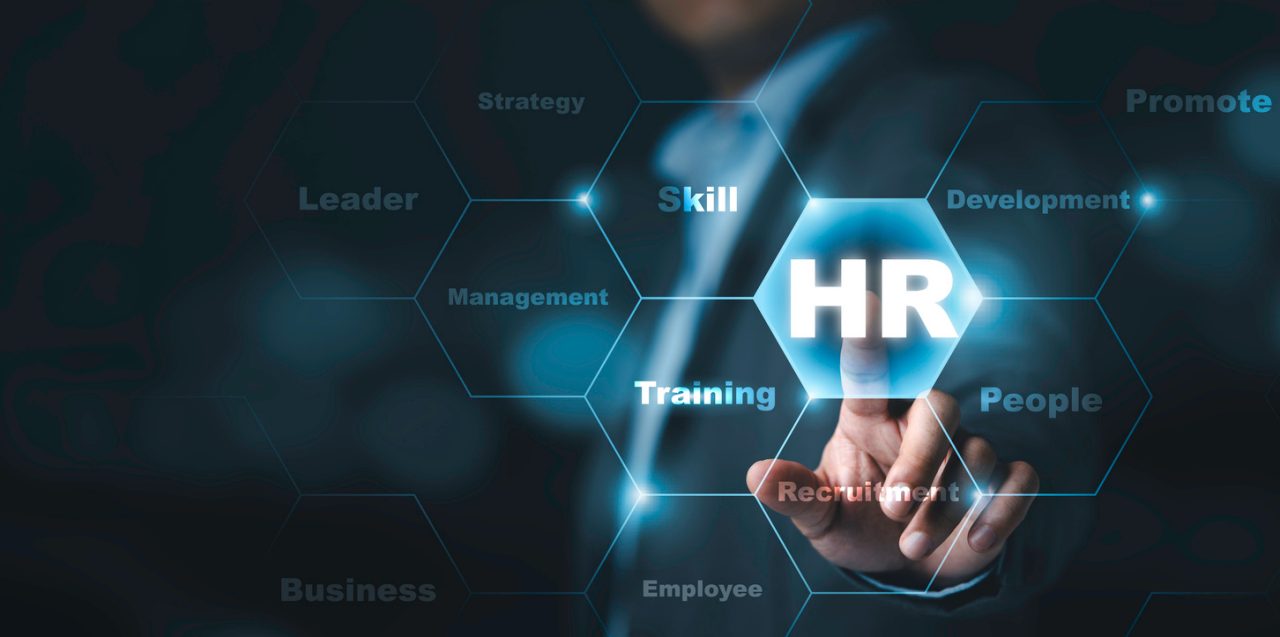Human Resources (HR) will become a complex, high-stakes landscape in 2025, and HR skills are in high demand today. Changing markets and workplace innovations have expanded HR roles beyond administrative and talent management functions. HR responsibilities include workforce development, succession planning, seamless technology integration, and strategic alignment with business goals.
With organizations ramping up diversity, equity, and inclusion (DEI) efforts, workforces becoming more globally dispersed, and technology redefining workplaces, the impetus is on HR leaders to develop key HR skills to settle organizations into new workplace norms. There is a need to ahead to mitigate change fatigue risks, prioritize technology adoption, and ensure positive employee experience through transformations.
This article examines key HR skills that can be used to prepare organizations for a new work world.
3 Key HR Skills for Workforce Success in 2025
Given their growing responsibilities, HR managers are expected to regularly expand their skill sets, sometimes into unfamiliar territories, to maximize organizational functionality.
Here are 3 critical competencies for HR professionals to drive positive workplace outcomes and business value in 2025:
Effective change management skills
HR managers are entering a dynamic work environment with companies adopting new technologies, integrating multi-generational talent, and advancing DEI efforts. The volume and pace of change could overwhelm employees. According to a Gartner report, 73% of HR professionals admit that their employees are undergoing change fatigue, which can affect overall well-being and overarching business outcomes.
Change management is a non-negotiable skill for HR managers, who play a key role in leading businesses through change. It means actively involving employees in change initiatives, clearly communicating their rationale, and ensuring a psychologically safe culture through shifting strategies and restructuring. HR professionals need to proactively plan to mitigate change fatigue risks to foster a culture of resilience and adaptability.
2. Data-driven analytics and intelligence
Data analytics—including people and predictive analytics—is a key HR skill to prioritize in the current tech-driven era. According to SHRM research, HR automation has risen 599% in recent years.
AI-powered data literacy allows HR to streamline talent acquisition and management processes with real-time insights into every employee's behaviors, patterns, and history. It has become a key value differentiator in several HR areas, primarily driven by human review and feedback in the past. These include training and development, career advancement, mentor-mentee matching, performance reviews, absenteeism, and employee turnover.
HR leaders who leverage data analytics are better equipped to track and address attrition, thereby improving retention. It also helps them improve hiring processes, inform promotion and salary decisions, and provide their organizations with a competitive edge.
3. Emotional intelligence
Emotional intelligence (EI) is another key HR skill that can greatly improve interpersonal relationships in the workplace and company culture.
EI is recognizing and responding meaningfully to emotions—whether your own or others. HR leaders with high emotional intelligence are more adept at managing employee expectations, handling difficult workplace conversations (denied requests, terminations, etc.), and resolving conflicts or disagreements. It also helps them tackle the HR role's many unavoidable challenges and stressors.
In the rapidly evolving work environment, EI is a key HR skill that leads organizations through change, increases productivity, and inspires engagement and confidence in one's organization.
Developing Key HR Skills for a Changing Market
As businesses gear up for the future, HR managers must be equipped to lead change confidently. They should be able to ensure a positive employee experience through transformations, culture shifts, and technological integrations.
This requires navigating their new scope of responsibilities and developing key HR skills, which will allow professionals to stay agile through changing norms and provide continuous value to businesses.
Was this resource helpful?




